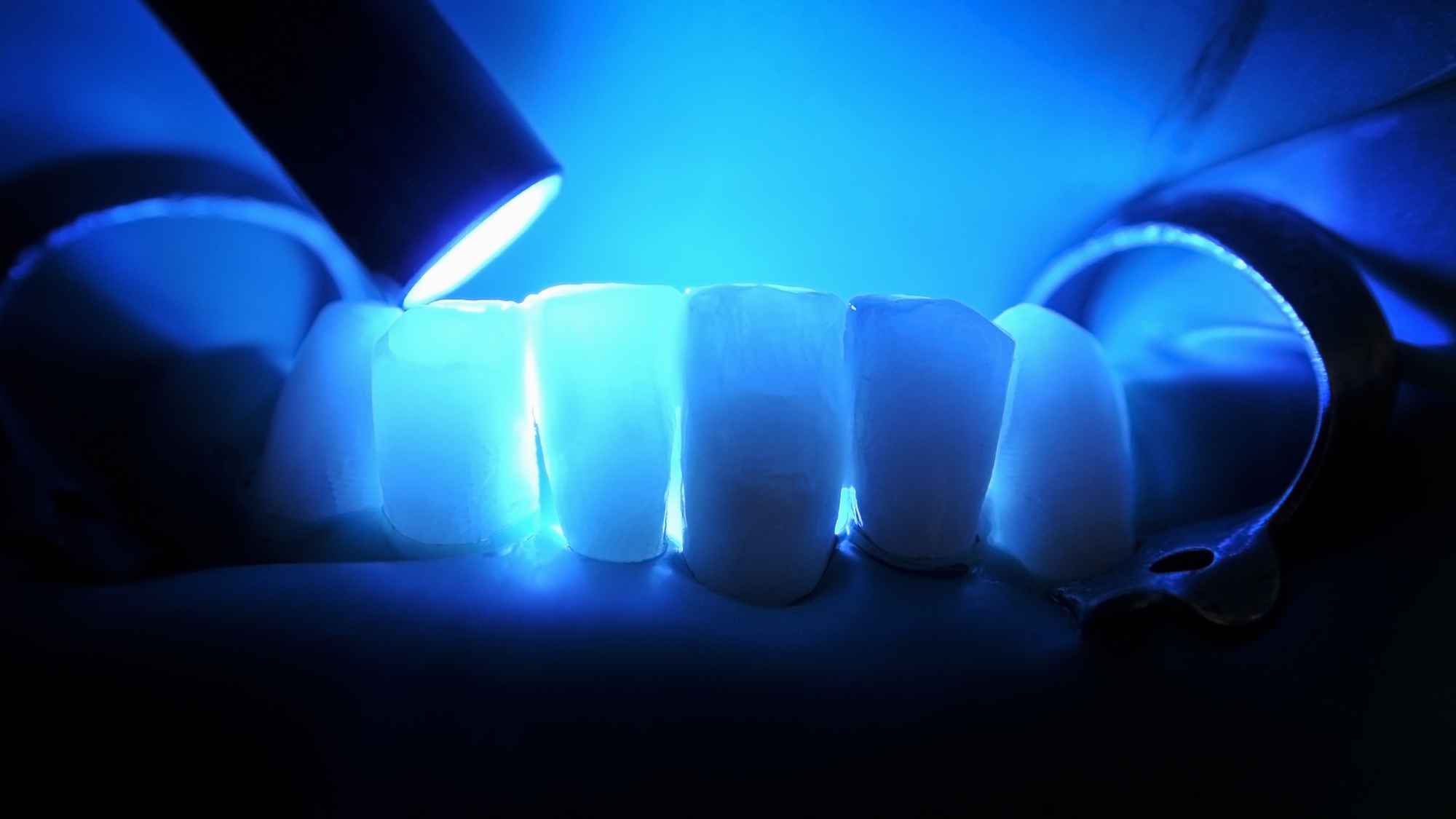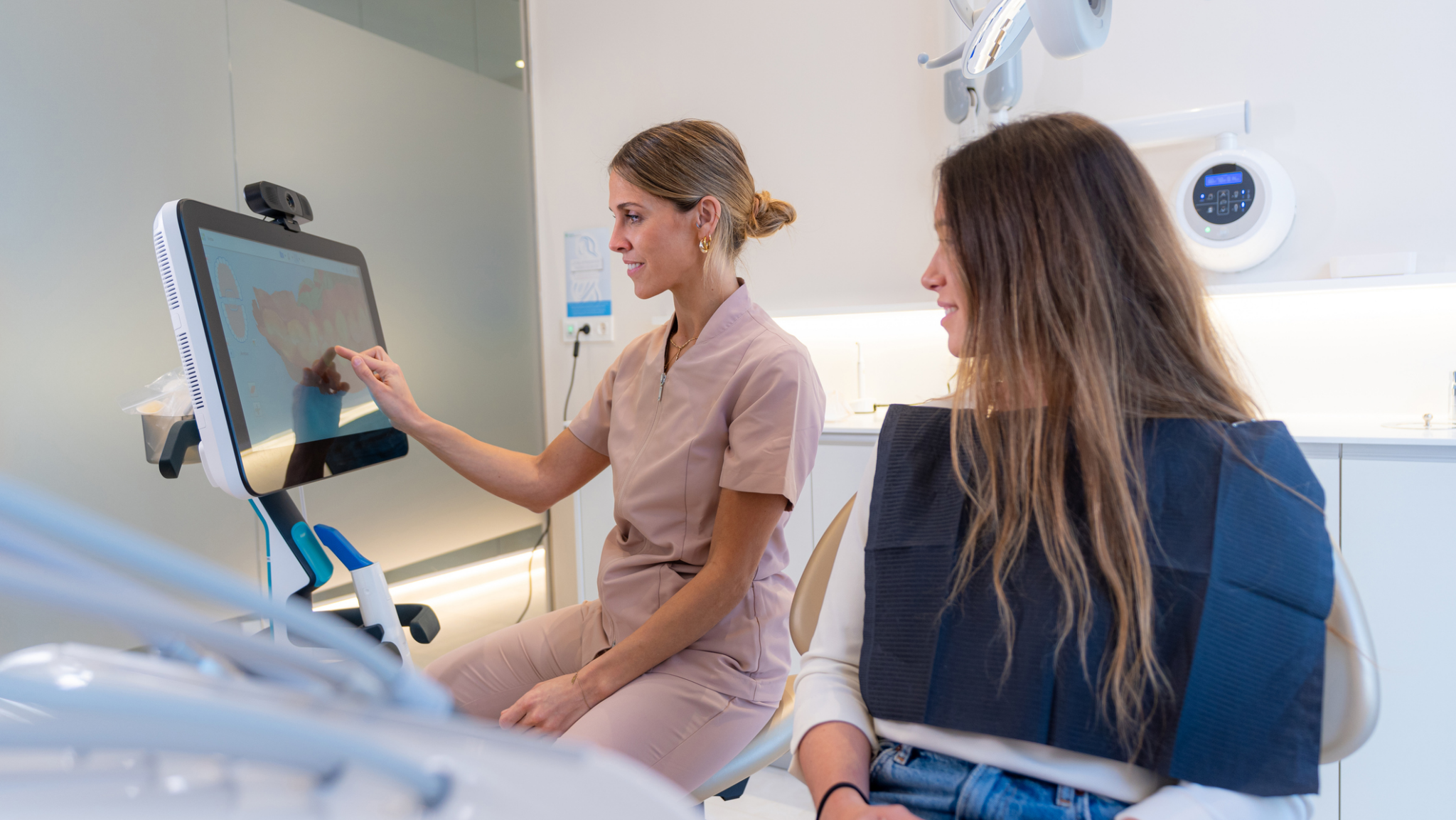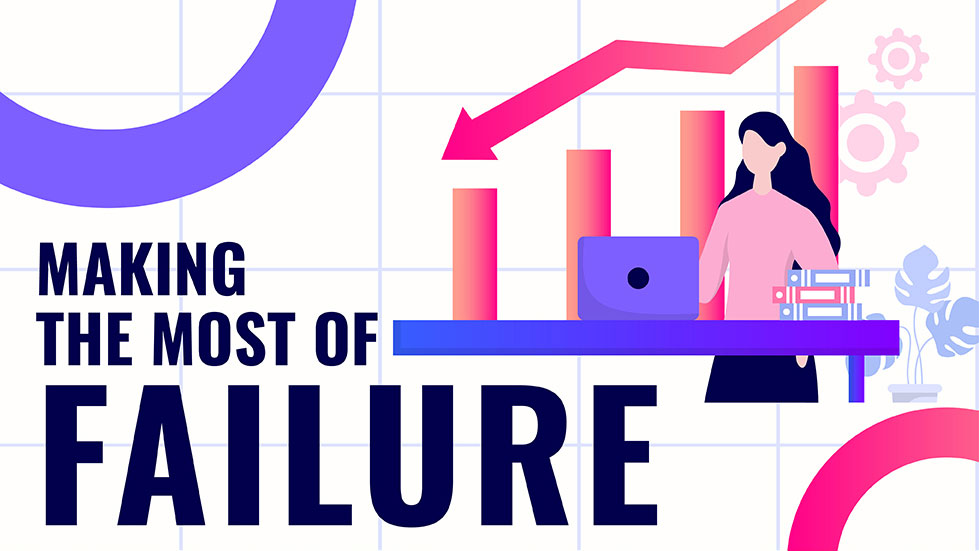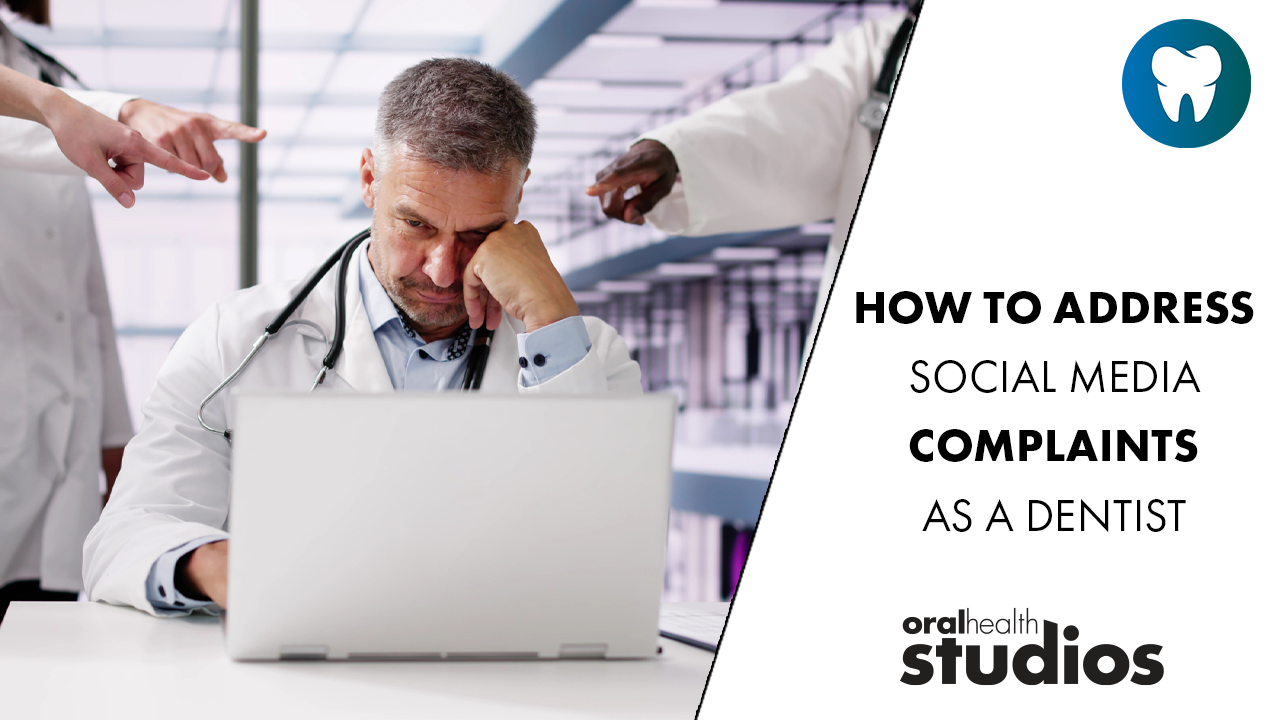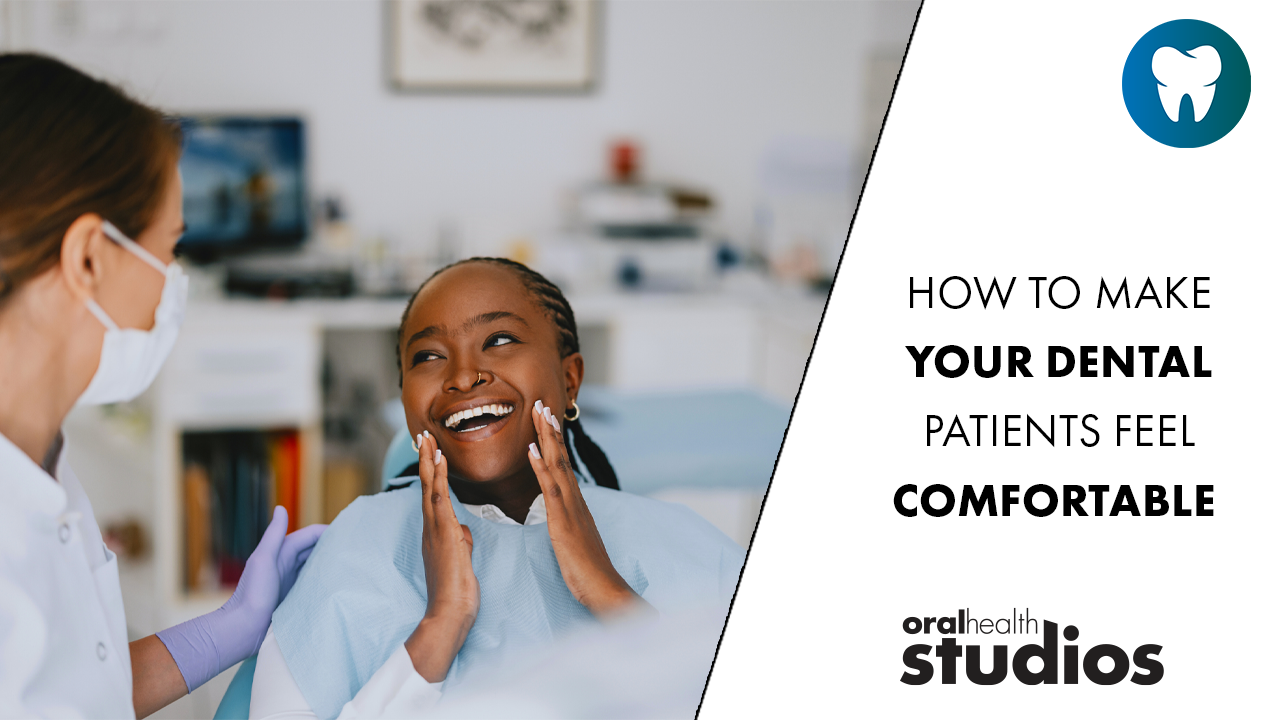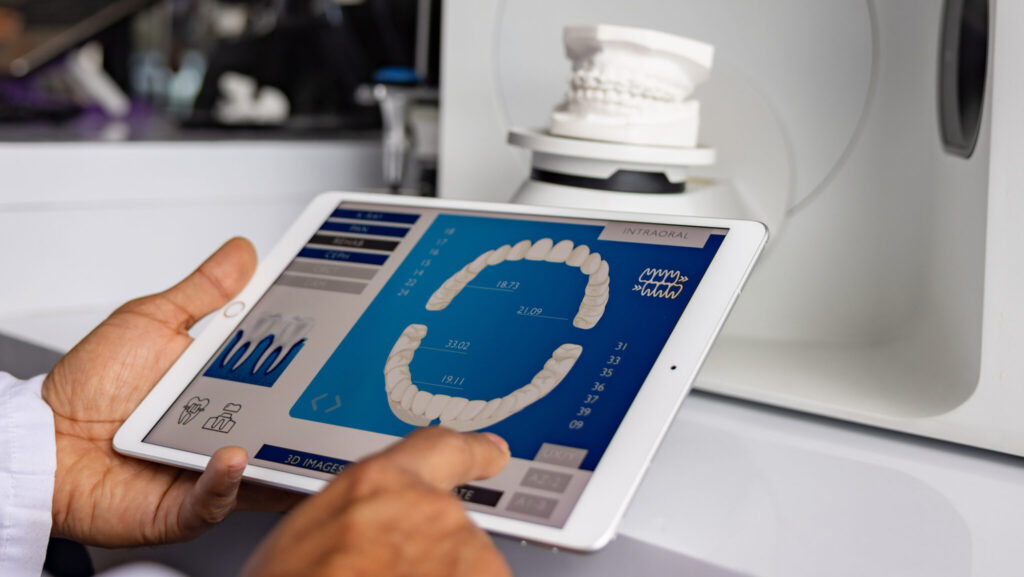
In 2019, the American Mobile & Teledentistry Alliances introduced the term “Alternative Care Delivery Models” to champion and facilitate an industry-wide transition towards dental practices that offer innovative service delivery models such as virtual care, telehealth, and mobile/portable services. That same year marked the inaugural National Mobile & Teledentistry Conference, aimed at educating the community on delivering dental care beyond the traditional brick-and-mortar framework. As a co-founder and executive board member of these organizations, as well as a leading educator in technology, artificial intelligence, and the future of dentistry, I am privileged to spotlight the movement towards leveraging technology to enhance access to care across all communities in the United States and globally.
Traditionally, dental practices in the United States have operated as independent entities within physical locations, separate from other healthcare facilities and providers. However, a segment of public health professionals has pioneered the delivery of portable or mobile dental care to underserved communities. Concurrently, there has been a rapid proliferation of mobile-only dental organizations, which aim to provide preventive and comprehensive care to employees within corporate and workplace settings. This development underscores the necessity of mobile and portable dentistry in reaching all communities, irrespective of socioeconomic status, location, or wealth.
In 2018, the American Dental Association approved the first teledentistry CDT Procedure Codes, facilitating virtual telehealth appointments and supervision in dentistry, thereby allowing mobile clinicians to maintain connectivity while enhancing mobility. This growth coincided with the emergence of clear aligner organizations that have spearheaded telehealth in dentistry, enabling both patients and providers to engage with orthodontists through virtual and electronic channels. Furthermore, advancements in artificial intelligence, machine learning, and technology have introduced concepts such as m-Health, remote patient monitoring, point-of-care oral testing, and smart oral care devices, fostering improved communication within patient-provider and provider-provider relationships. Patient-facing teledentistry websites and apps have also proven effective in reducing dental emergency hospital visits and connecting patients with local dental care providers.
The current staffing shortage and related challenges have prompted private and corporate dental organizations to concentrate on same-store growth, enhancing business efficiency, maximizing human capital, and re-evaluating clinical care models. Meanwhile, patient and consumer expectations have shifted towards prioritizing transparency, convenience, and flexibility in all healthcare and business interactions. Artificial intelligence programs and technology stacks now empower dental organizations to expedite same-store growth, propelling dental care delivery into new frontiers.
While traditional brick-and-mortar dental facilities will continue to serve as primary service venues, the future will increasingly focus on the hub-and-spoke business and clinical model. For instance, a dental organization may operate one or more physical locations while also establishing virtual divisions accessible on patients’ mobile devices, along with mobile/portable branches that reach workplaces, community centers, homes, and schools.
Moreover, dental providers will harness artificially-enabled communication platforms, smart mirrors, smart glasses, and other next-generation communication devices to facilitate seamless interaction with other dental providers, specialists, and medical professionals.
The widespread adoption of Alternative Care Delivery Models across the industry will enhance efficiency, expand access to care, and create new revenue streams for many dental organizations. Patients and consumers will also benefit significantly, as they can more easily connect with new and existing dental providers, ultimately improving patient retention, case acceptance, and follow-up care.
Oral diseases are increasingly prevalent, surpassing many other chronic systemic conditions. With ongoing advancements in artificial intelligence, generative AI, machine learning, augmented reality, and other cutting-edge technologies, it is anticipated that dental care in the United States will continue to evolve into next-generation virtual and mobile modalities, leading to substantial improvements in oral and systemic health across all communities.
Alternative Care Delivery Model Resources:
National Mobile & Teledentistry Conference
American Mobile & Teledentistry Alliance
American Telemedicine Association
Mobile Healthcare Association
About the author

A 20-year dental hygienist & founder, Melissa K. Turner is a sought-after executive, consultant, dynamic speaker and top millennial content creator. Behind innovative brands in the industry, she partners with companies of all sizes on brand strategy and product growth. Turner’s combined experience behind the scenes in the boardroom, on the frontlines as clinician, and as a public-facing influencer allows her unique insight into future industry trends, technology and innovation. She is the founder and founding board member of multiple companies and is referred to as a “fresh force of change.” A 2024 recipient of the Marquis Who’s Who in America, she represents a new generation in dentistry with a focus on transforming the future through innovative technology, inclusion and practitioner wellbeing. Senior Executive Consultant & Chief Hygiene Officer at Cellerant Consulting Group, Turner leads the Cellerant Best of Class Hygiene Awards. She is a founding board member for the American Mobile & Teledentistry Alliance and holds a position on the executive board of the Dental AI Association. Affectionately known by her influencer handle @thetoothgirl, she is cofounder of The Denobi Awards, the National Mobile & Teledentistry Conference and the I Heart Dentistry Network. Turner can be reached at www.MelissaKTurner.com.

